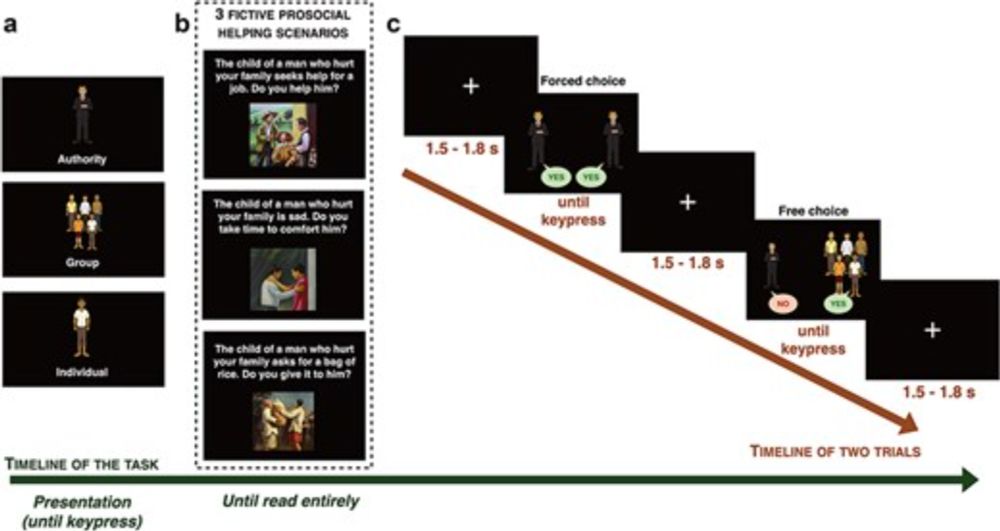Emilie Caspar
@emiliecaspar.bsky.social
1K followers
710 following
64 posts
Associate Professor @Ugent / Social Neuroscientist / Humanist / Author of "Just following orders"
Posts
Media
Videos
Starter Packs
Reposted by Emilie Caspar
Reposted by Emilie Caspar
Emilie Caspar
@emiliecaspar.bsky.social
· Jul 31

Do Social Factors Differ between Rescuers, Bystanders, and Former Perpetrators? Explaining (Non-)Participation in a Genocide
Understanding which social factors (i.e. biographical availability, socialization, and situational contexts) support resistance or participation in genocide remains a largely unresolved societal an...
www.tandfonline.com
Reposted by Emilie Caspar
Reposted by Emilie Caspar
Senne Starckx
@sstarckx.bsky.social
· Jul 29

Als soldaten bevelen niet opvolgen, doen ze dat vanuit hun hart
Mensen kunnen op bevel van hun leiders de grootste misdaden begaan. Maar ze kunnen bevelen ook weigeren. Psychologen onderzoeken wat er dan gebeurt in de hersenen, en hoe dat verschilt tussen militairen en gewone burgers.
www.standaard.be
Emilie Caspar
@emiliecaspar.bsky.social
· Jun 23
Emilie Caspar
@emiliecaspar.bsky.social
· Jun 23
Emilie Caspar
@emiliecaspar.bsky.social
· May 30

A cross-cultural EEG study of how obedience and conformity influence reconciliation intentions
Abstract. The study investigated the influence of conformity and obedience on intentions to help a child whose relative had caused harm to the participant’
academic.oup.com
Emilie Caspar
@emiliecaspar.bsky.social
· May 28
Emilie Caspar
@emiliecaspar.bsky.social
· May 27
Emilie Caspar
@emiliecaspar.bsky.social
· Apr 29
Emilie Caspar
@emiliecaspar.bsky.social
· Apr 20

Why We Follow Orders: The Neuroscience of Compliance and Control
About this episode:
Why do ordinary people carry out extraordinary harm when simply told to do so? From the Holocaust to the genocides in Rwanda, Bosnia, and Cambodia, history shows how obedience to ...
www.skeptic.com




















